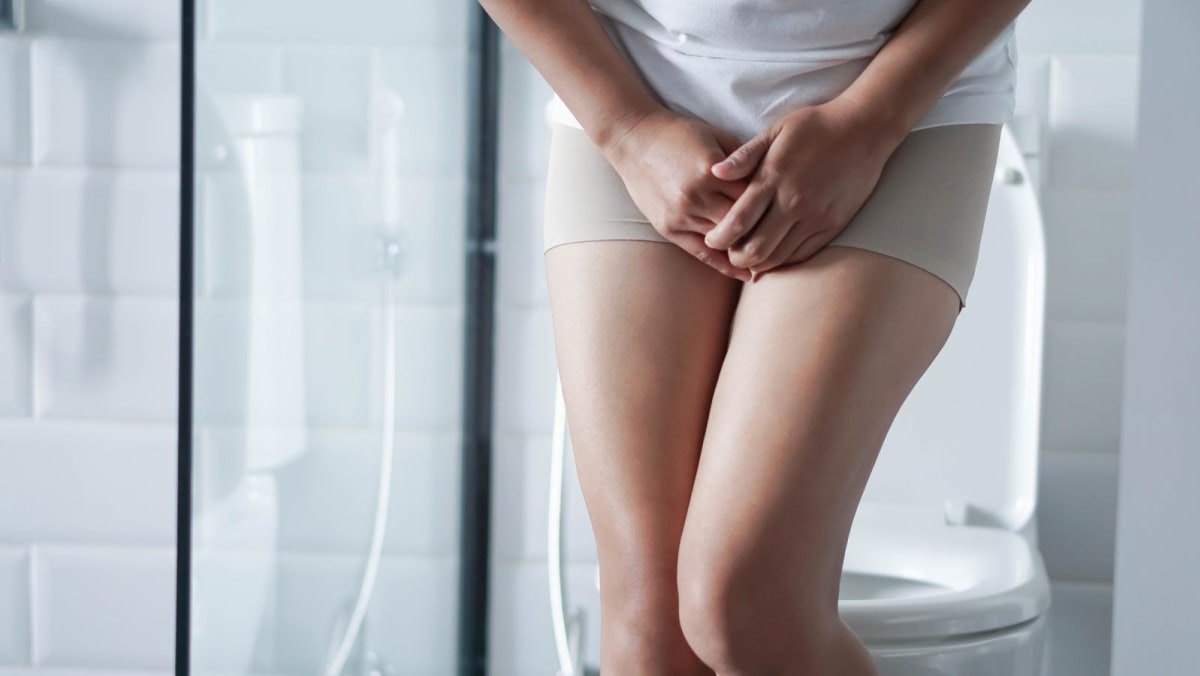Painful peeing, the constant urge to go to the bathroom, sleepless nights from too many bathroom trips, lower abdomen discomfort, and feeling tired, overall. It’s the dreaded urinary tract infection (UTI), which some women notice seems to occur more frequently as they get older.
Some of my girlfriends, who are in their forties, told me they’ve been dealing with recurrent UTI episodes in recent years. And it’s not like they’ve been getting busy with their partners, so sexual intercourse is unlikely to be a factor. So, what gives?
Recurrent UTI is defined as having two acute infections in six months or three infections in a year, said Dr Beh Suan Tiong, consultant obstetrician and gynaecologist of Beh Clinic for Women.
While experiences vary, older women are indeed more prone to recurrent urinary tract infections, he said.
Among Dr Beh’s patients, some have reported getting UTI several times a year, while others, who might have had sporadic UTI in their youth, have been experiencing it more frequently as they get older.
WHY WOMEN ARE MORE SUSCEPTIBLE THAN MEN
UTI is a bacterial infection affecting the urinary system, which comprises the bladder, kidneys, ureters and urethra. Common symptoms include a frequent urge to urinate, a burning sensation during urination, cloudy or bloody urine, and discomfort in the lower abdomen and/or fever.
The common organ affected is the bladder, but sometimes the infection may be more serious and can involve the kidneys.
The symptoms of UTI are generally consistent, although older women may experience additional symptoms, such as incontinence, changes in urinary patterns and vague abdominal discomfort due to the influence of menopause and age-related factors, he added.
Dr Chong said that women should also be aware that every UTI they get decreases the resistance of the affected area, that is, the bladder. “Cumulatively, the more infection, the lower the resistance.”
During menopause, because there is less oestrogen, the vagina and urinary tract become very dry, and the tissues, very thin. “The thinner and drier the skin, the easier for organisms to penetrate,” Dr Chong added.
But that’s not all. Having UTI episodes in your youth may increase the likelihood of recurring infections later in life, due to potential scarring or damage to the urinary tract, Dr Beh said.
Related:
Hitting menopause: Is hormone replacement therapy a must and what about the risk of breast cancer?
Women and menopause: A guide to preparing for the day your periods stop forever
From symptoms to age of onset, will you experience menopause the same way your mother did?
ACCURATELY IDENTIFYING THE PROBLEM
When it comes to treating persistent, recurring UTI, Dr Chong said it’s important to treat the root cause. For example, the most common infection for UTI comes from the vagina. However, if you were to only treat the bladder infection and not the vaginal infection as well, then resistance to the infection and recurrence can happen in the future.
He added that prescribing the right medication is crucial. To do that, the first step is to accurately identify the problem.
This goes beyond doing a simple urine test to check for signs of infection. If you suspect you have a UTI, you can ask your doctor to do a urine culture and sensitivity test.
The test takes about three days and involves growing the infecting organism in the lab. It will also match a series of routine antibiotics to any bacteria found in your urine, to see what antibiotics it might be sensitive or resistant to, Dr Chong explained.





